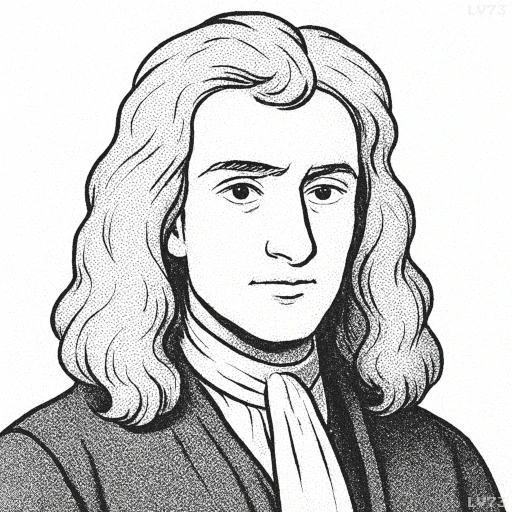“We account the Scriptures of God to be the most sublime philosophy.”

- January 4, 1643 – March 31, 1727
- Born in England (UK)
- Natural philosopher, mathematician, physicist, astronomer, theologian
table of contents
Quote
“We account the Scriptures of God to be the most sublime philosophy.”
Explanation
In this quote, Isaac Newton expresses his belief in the profound and intellectual depth of the Bible, considering it not only as a religious text but also as the highest form of philosophy. For Newton, the Scriptures were not just divine revelations; they embodied the wisdom and truth that aligned with the natural laws of the universe. Newton, who was deeply religious and believed that the natural world was a reflection of God’s design, viewed the Bible as offering insights into the fundamental principles of life and existence that could not be surpassed by human reason or philosophy. In his view, the sublimity of the Scriptures was rooted in their divine authorship and their ability to guide humanity toward understanding both the physical world and moral truths.
Newton’s belief in the sublime philosophy of the Scriptures was central to his worldview. He saw no conflict between his work in science and his faith. Rather, he believed that scientific inquiry was a means to understand God’s creation, and the laws of nature revealed through his scientific discoveries were part of the divine order described in the Bible. His approach to science was intertwined with his spiritual beliefs, and he often turned to the Scriptures for guidance in both his intellectual and moral life. This view was common among many early modern scientists, who did not see a division between science and religion but viewed them as complementary paths to understanding the truth.
In modern times, Newton’s view of the Bible as the “most sublime philosophy” may resonate differently depending on one’s religious or philosophical perspective. However, his belief in the unity of faith and reason still serves as an inspiration for those who see science and religion as interconnected rather than opposing forces. For Newton, the Scriptures were the ultimate source of wisdom, offering insights not just into spiritual matters but also into the nature of the universe and the order that governs it. His words highlight the importance of seeking truth and understanding through both scientific discovery and spiritual reflection, a perspective that continues to influence discussions on the relationship between science and religion.
Would you like to share your impressions or related stories about this quote in the comments section?


